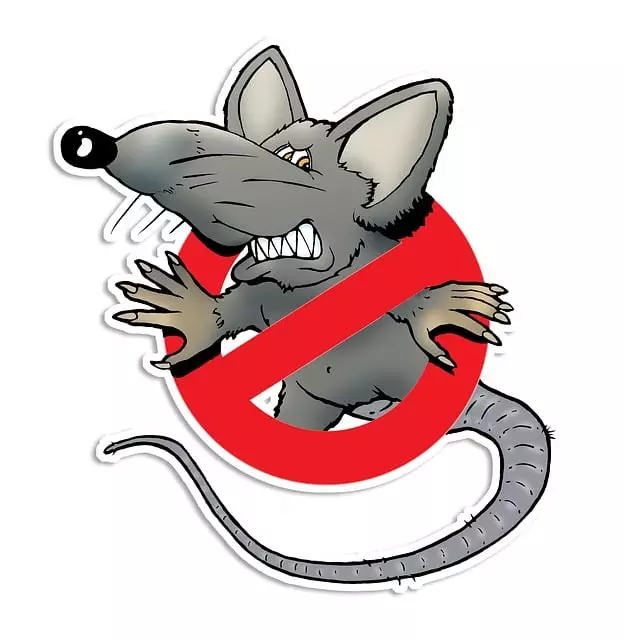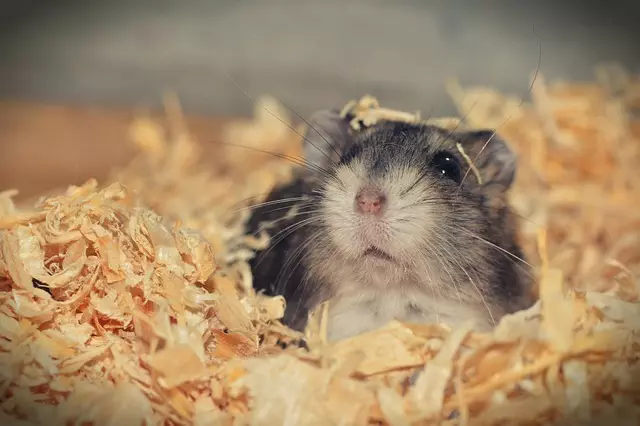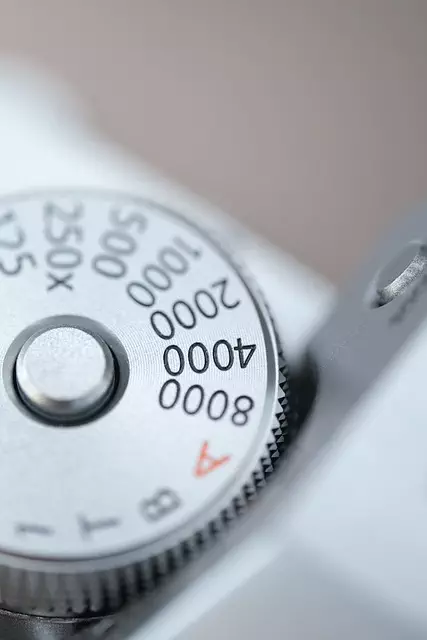Professional rodent control specialists address infestations from mice or rats using tailored strategies based on species behaviors and entry points. They offer safe, effective methods like traps and baits, identify weak spots, and adhere to regulations. Modern techniques prioritize safety and environmental friendliness, with a trend towards non-toxic solutions. Preventive measures, such as sealing entry points and regular cleaning, are crucial for long-term protection, along with Integrated Pest Management (IPM). Professional services ensure hygienic, rodent-free environments while meeting legal and regulatory standards.
Looking to reclaim your space from unwelcome rodents? This comprehensive guide explores professional rodent extermination, covering everything from understanding infestations and entry points to effective control methods. We delve into safe and non-toxic solutions, preventive measures, damage management, and legal considerations, offering valuable insights for both homes and businesses seeking top-notch professional rodent control.
Understanding Rodent Infestations: Types and Common Entry Points

Rodent infestations can vary greatly in scope and type, requiring tailored strategies for effective professional rodent control. Common types include mouse infestations, often characterized by small, agile rodents, and rat problems, featuring larger, more robust intruders. Each species has distinct behaviors and entry points. Mice tend to enter through tiny gaps, cracks, or holes, finding their way into homes and buildings in search of food and shelter. Rats, on the other hand, are more brazen, entering through larger openings such as pipes, vents, or even broken windows and doors. Identifying these entry points is crucial for professionals, as it allows for targeted treatments to prevent future infestations.
Professional rodent control specialists employ a range of methods to assess and mitigate these issues. This includes detailed inspections to pinpoint the extent of the infestation and identify weak points that serve as potential access routes. By understanding the types of rodents involved and their preferred entry points, experts can implement tailored strategies, using appropriate traps, baits, or other control measures to ensure effective and humane rodent eradication.
The Role of a Professional Exterminator in Rodent Control

When dealing with rodent infestations, turning to a professional exterminator for rodent control is often the most effective solution. These experts are trained and equipped to handle even the most persistent and challenging rodent problems. They employ advanced techniques and technologies designed to locate, eliminate, and prevent rodents from returning, ensuring long-term peace of mind.
Professional rodent control services offer several key advantages. First, they have access to a wide range of safe and proven pesticides and traps that are often not available to the average homeowner. Second, exterminators possess the knowledge and experience to identify entry points and potential breeding grounds, addressing the root causes of the infestation. Lastly, their expertise ensures minimal disruption to your home or business operations during the extermination process.
Safe and Effective Extermination Methods for Homes and Businesses

When it comes to professional rodent extermination, safety and effectiveness go hand in hand. The best methods combine advanced technologies with a deep understanding of rodent behavior to ensure minimal risk to both occupants and the environment. For homes and businesses alike, integrated pest management (IPM) strategies are the gold standard. These involve identifying and eliminating entry points, using eco-friendly baits and traps, and implementing preventative measures to deter future infestations.
Professional rodent control experts employ a range of safe and effective tools, from non-toxic repellents and sticky traps to more targeted options like carbon dioxide inhalation or electric shocks. Modern techniques prioritize the health and safety of both the clients and the exterminators, ensuring that any action taken is in line with local regulations and environmental standards. By combining these strategies, professional rodent control services can swiftly and humanely eliminate existing infestations while preventing their return.
Non-Toxic Solutions for Rodent Management: A Safer Approach

In the realm of professional rodent extermination, a growing trend towards non-toxic solutions is gaining traction. This shift in approach acknowledges the potential risks associated with traditional toxic chemicals and opts for safer alternatives that are both effective and environmentally friendly. Non-toxic methods leverage a variety of techniques such as repellents, exclusion strategies, and habitat modification to deter and manage rodent populations without resorting to harmful substances.
By adopting non-toxic solutions for rodent management, professionals in the field offer a more sustainable and responsible approach to pest control. This is particularly beneficial in areas with sensitive ecosystems or where there’s a concern for human health. Moreover, these methods can be tailored to specific situations, ensuring that the chosen strategy aligns with the unique needs of each property while maintaining the highest standards of safety.
Preventive Measures: Long-Term Strategies for Rodent Control

Implementing preventive measures is a key component of long-term professional rodent control strategies. Sealing entry points, such as gaps in walls, floors, and ceilings, prevents rodents from gaining access to buildings. Regularly cleaning and maintaining properties, including removing clutter and food sources, discourages rodents from taking up residence. Additionally, installing mechanical traps or using repellents can serve as effective deterrents, further reducing the likelihood of rodent infestations.
For more robust protection, consider integrated pest management (IPM) approaches. IPM combines various strategies, such as habitat modification, monitorings, and targeted treatments, to manage rodent populations humanely and sustainably. Professional pest control services specializing in rodent control can provide tailored solutions, ensuring properties remain rodent-free over the long term.
Dealing with Rodent Damage and Sanitation Issues

Rodent infestations can cause significant damage to properties, leading to costly repairs and replacement. Beyond structural issues, rodents pose severe sanitation problems. They contaminate food sources with their droppings and urine, spreading diseases like salmonella, leptospirosis, and hantavirus. Professional rodent control services are crucial for addressing these issues effectively. Skilled technicians employ advanced methods and equipment to detect, eliminate, and prevent future infestations, ensuring a safe and hygienic environment.
Proper sanitation practices are integral to preventing rodent return. This includes maintaining clean living spaces, promptly cleaning up food debris, securing trash cans with tight-fitting lids, and sealing entry points around pipes, doors, and windows. Regular inspections by professionals can also help identify potential entryways, enabling proactive measures to keep rodents at bay.
Legal Considerations and Industry Regulations in Professional Extermination

In the realm of professional rodent control, adhering to legal considerations and industry regulations is paramount. Each region imposes specific rules and restrictions on the use of extermination methods, chemicals, and equipment to ensure safety and environmental protection. For instance, many areas have stringent guidelines regarding the application of pesticides, often mandating licensed professionals and specific handling protocols. These regulations not only safeguard public health but also preserve biodiversity by minimizing ecological harm.
Industry standards further refine these legal requirements, setting benchmarks for ethical practices and effective rodent control solutions. Professional exterminators must stay abreast of evolving regulations, utilizing eco-friendly methods and advanced technologies whenever possible. By combining compliance with industry standards and best practices in professional rodent control, service providers can offer both reliable and responsible solutions to their clients.
